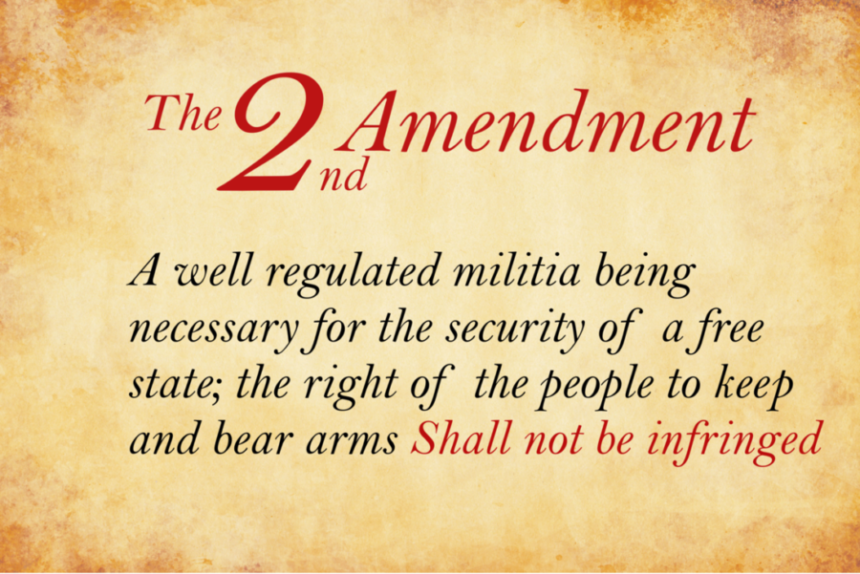New research from Oregon State University shows that American consumers use their knowledge of gun rights to evaluate the morality of civilians using guns to protect themselves from crime, and that this evaluation varies across different scenarios.
The purpose of the research was to examine how Americans’ conceptions of the Second Amendment—the only constitutional right that explicitly entitles individuals to a consumer product—influence their views on the moral acceptability of various acts involving firearms. The authors also looked at how recent legal and market shifts have given consumers more leeway to use firearms for self-defense.
According to Michelle Barnhart, an associate professor in OSU’s College of Business and co-author of the paper, the findings show that people have very different ideas of what should and should not be allowed with guns, but that their thinking is generally motivated by trying to do the right thing, like ensuring the safety of their loved ones or others.
These results, published recently in the Journal of Consumer Research, shed new light on the nuanced debate over gun rights in the United States. Associate professor Aimee Huff and associate professor and associate dean for teaching and learning excellence Inara Scott both work in the College of Business at Oregon State University, and both contributed to the paper. Unlike Scott, who practices law and specializes in constitutional law, business ethics, and other areas, Barnhart and Huff focus on the consumer side of American gun culture.
Researchers conducted in-depth interviews with individuals and hosted a large, professionally moderated online discussion group with the goal of learning why some people choose to take on the legally and morally complex responsibility of gun ownership and use for self-defense while others defer to the state.
From the study’s conclusion: “Findings show that consumers consider multiple, specific armed protection scenarios and accept responsibilization in only a portion of these scenarios while rejecting it for the remainder. Acceptance is determined by their appraisals of the morality of consumer responsibilization subprocesses.”
“Consumers’ understanding of the constitutional right serves as a heuristic in these appraisals, with some understandings leading consumers to accept responsibilization across a much larger proportion of scenarios than others. Contributions include illustrating response to consumer responsibilization as a proportionality; illuminating consumers’ active role in appraising responsibilizing efforts; and demonstrating how some consumers come to understand a responsibilized behavior as a moral entitlement.”


